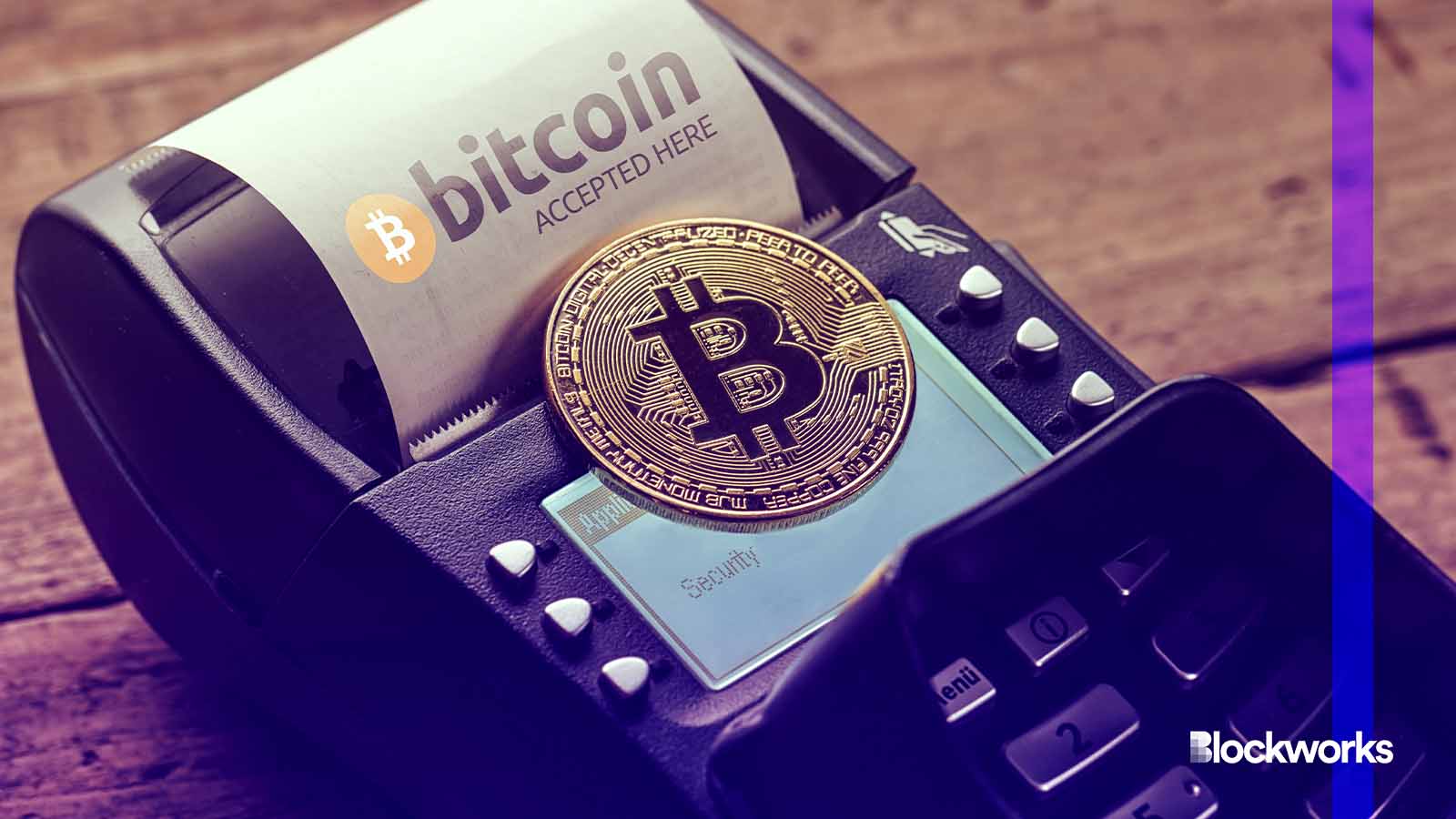85% expect cashless future in 10 years: Survey
In a digital currency-based future, executives say they’re concerned about the ability to protect customer and client data

r.classen/Shutterstock modified by Blockworks
As business leaders prepare for a cashless economy in which crypto could play a larger role, the ability to protect customer and client data remains a concern.
About a third of executives expect the shift to a cashless economy to occur in the next five years, according to a survey published by consulting firm Protiviti and Oxford University.
Roughly 85% expect such a future to come 10 years from now, with 87% expecting assets like bitcoin, ether and tether to impact their businesses.
The survey, conducted between July and September gathered responses from 251 board members, C-suite executives and other business leaders in North America, Europe and Asia.
Cory Gunderson, Protiviti’s executive vice president of global solutions, said in a statement that transforming the global monetary system could cause “significant disruptions for business operations worldwide.”
Nearly nine of 10 respondents said they are concerned about their ability to protect customer and client data in a future that leans more heavily on digital currencies.
More needs to be done around preventing fraud and improving security to boost user confidence, noted Protiviti managing director Mike Brauneis.
“Contrast crypto transfers to mainstream banking and credit card transactions, which benefit from decades of development in regulatory frameworks and insurance schemes that limit consumers’ liability for unauthorized transactions,” he said in a statement.
Regulatory agencies will seek to put in place more guardrails within the payments and crypto space, according to a KPMG report — with a focus on areas including stablecoins and central bank digital currencies (CBDCs).
Read more: Privacy remains sticking point in America’s ongoing CBDC debate
Price volatility has also created a barrier to adoption of certain crypto assets created as a reliable store of value, according to Brauneis.
The price of bitcoin (BTC) and ether (ETH) are up 110% and 58%, respectively, year to date — but are still well below all-time highs reached in November 2021.
Stablecoins are poised to offer benefits bitcoin and ether don’t always offer, a Pantera Capital executive argued in a letter last week — enabling peer-to-peer transactions, as well as helping protect against unstable currencies and avoid trusting service providers.
The market capitalization of stablecoin tether (USDT) stands at roughly $85 billion, behind only BTC and ETH.
Get the news in your inbox. Explore Blockworks newsletters:
- The Breakdown: Decoding crypto and the markets. Daily.
- 0xResearch: Alpha in your inbox. Think like an analyst.






